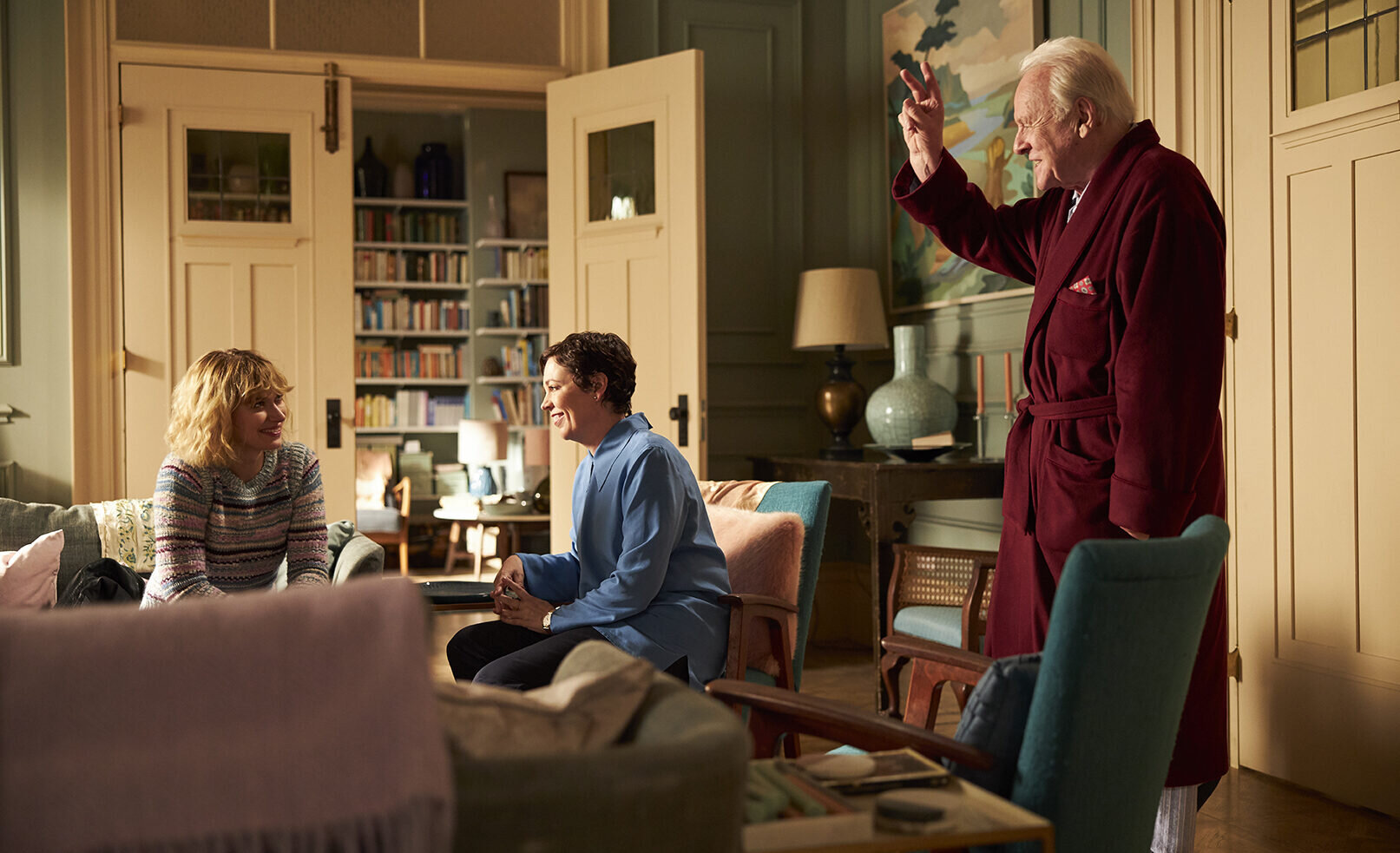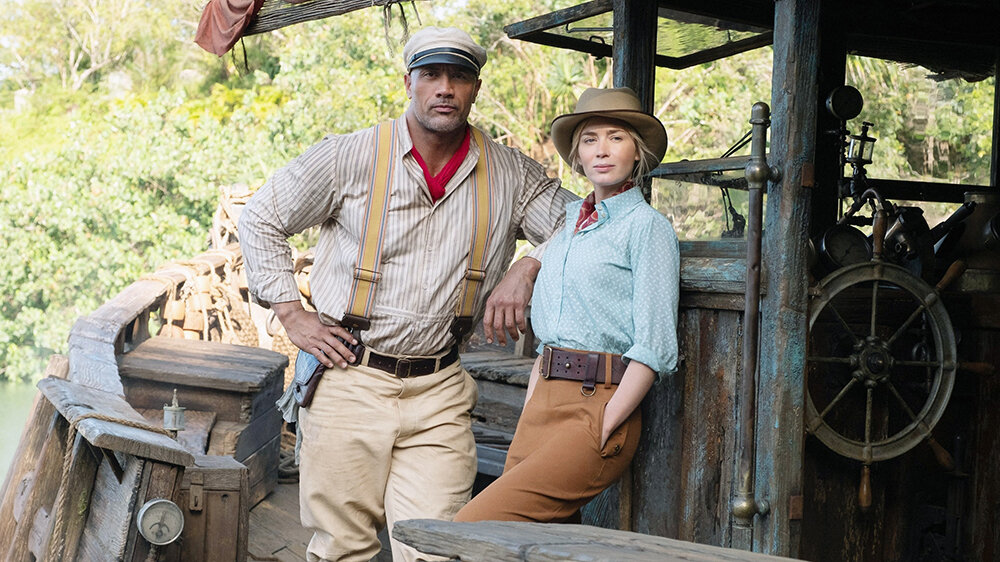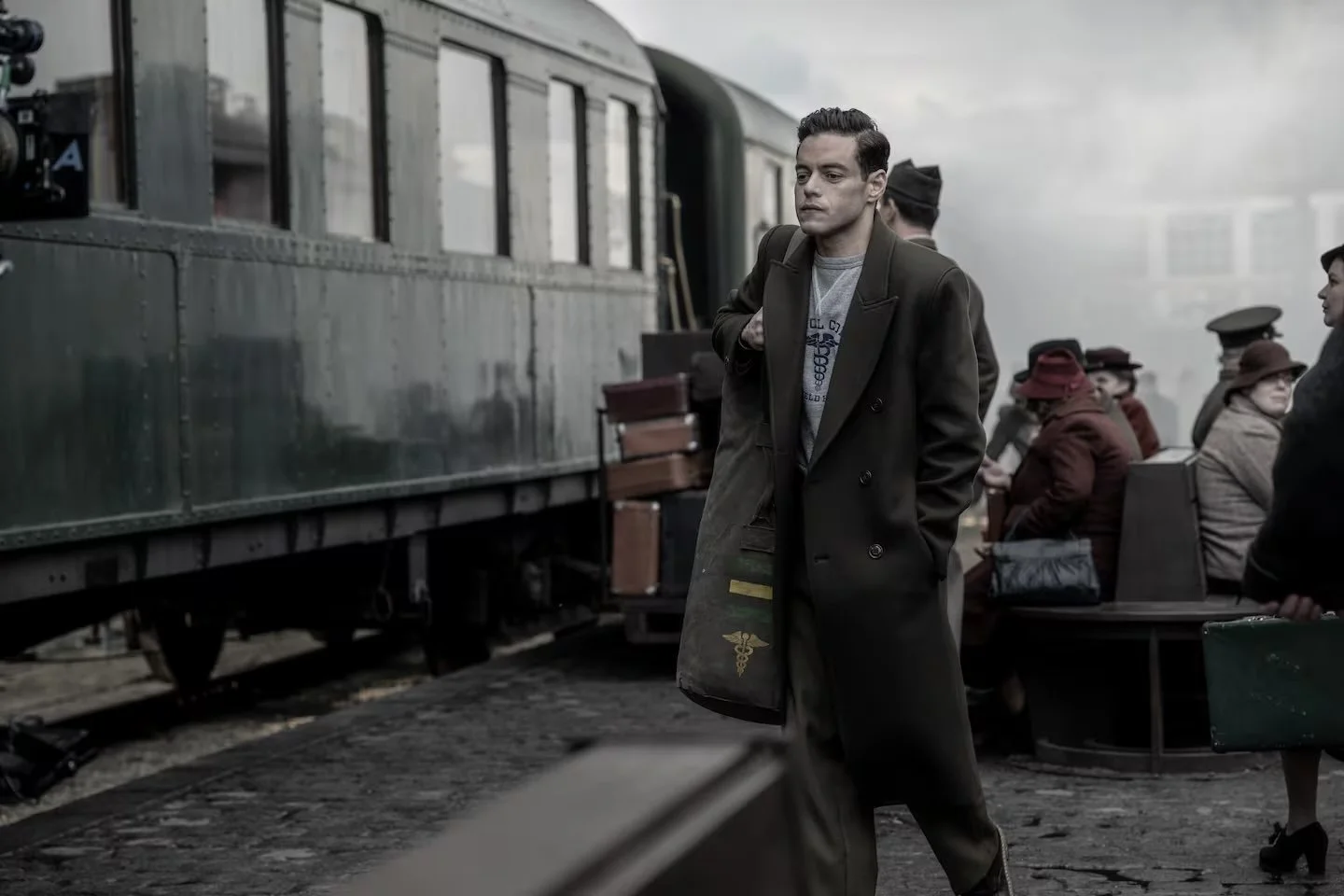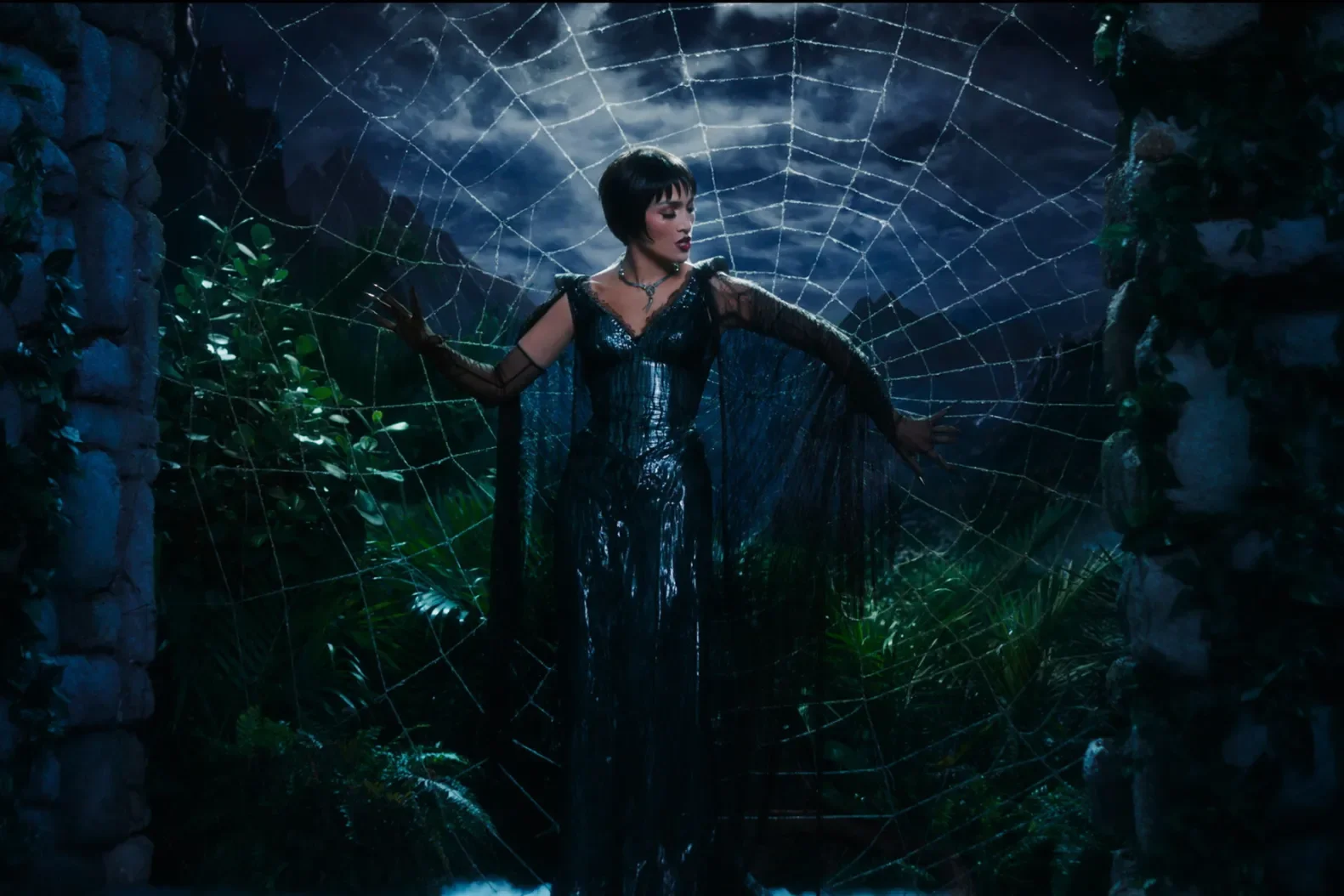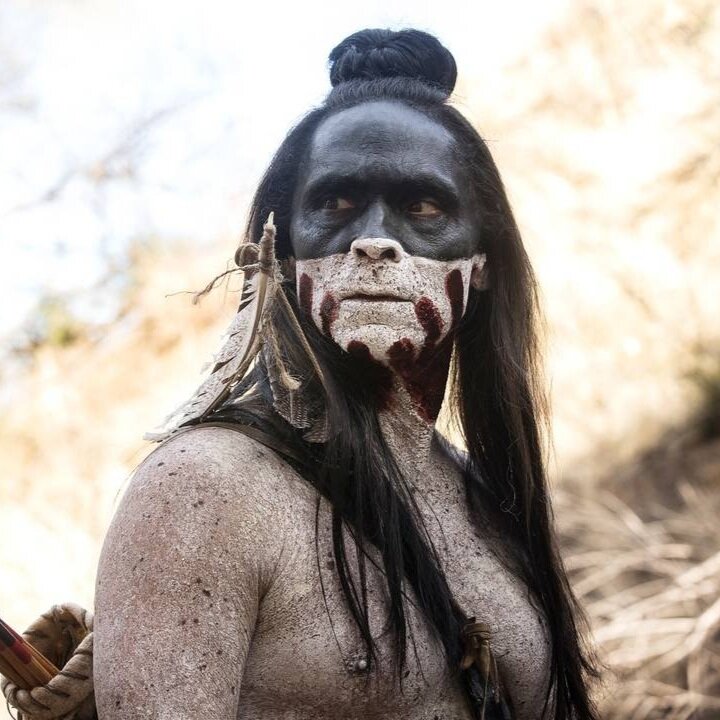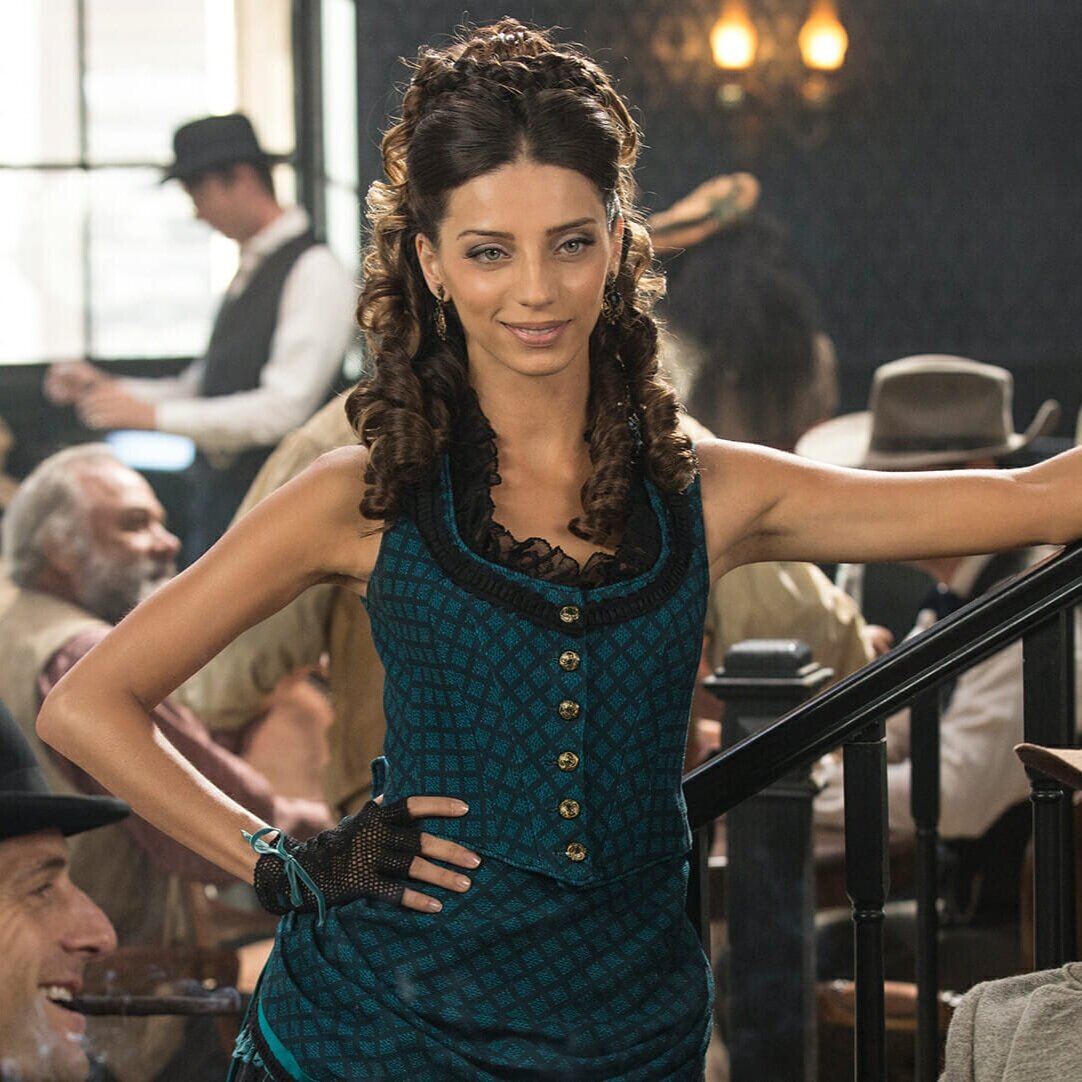What would losing control feel like? The Father offers a profoundly believable answer
Moviegoer Rating: ★★★★ ½
Hollywood loves to churn out umpteen thriller flicks, love stories and coming-of-age dramas every year. But every so often, we get a glimpse into the lives of those completely ignored by mainstream culture, whose stories are not only important but entirely cinematic. Florian Zeller explores this in The Father, which tells the story of an aging father suffering from dementia as he slowly begins to lose grip with his surroundings and loved ones.
Anthony (played by Sir Anthony Hopkins) is the aging father of two daughters, and can often become belligerent and aggressive as he feels himself losing understanding of reality. He is taken care of by one of his daughters, Anne (played by Olivia Colman), with the other daughter not on talking terms with him. The film revolves around his struggle with remembering the past, situating himself in the present, and contemplating the future. This dilemma is worsened by Hopkins’ hallucinations of different individuals entering his apartment (played by Olivia Williams and Mark Gattis), with his waning grip on reality making it hard for others to reach him.
Florian Zeller’s script, adapted from his own play, is brilliant for its focus on Hopkins’ point of view, giving us very few clues as to the actual reality and therefore placing viewers fully in the shoes of the character. This is powerful for a few reasons. First, it effectively dispels the notion that individuals suffering from dementia aren’t able to comprehend sense, but rather are simply experiencing a different version of reality. Secondly and more importantly, it also allows viewers to truly share the emotional journey of Anthony: his shock and despair when others don’t understand him as well as his happiness and joyful moments. The script is also wonderfully paced, with a precise cadence to allow for a steady exposition of each plot point. As we reach the conclusion of the film, neither are we bored, nor do we wish for any scene to have extended much longer.
Zeller executes his script with a near-effortless vision, which is incredible considering the fact that this was his first directorial outing. Showing his theatre bonafides, the blocking and placement of props is precise, with camera movements guiding us in each scene. The setting -- over half the movie takes place in the same apartment -- helps us situate ourselves. It’s a great way to help us understand Anthony’s daily routine as well as his intense attachment to his living place. While this became monotonous at times, Zeller ensured he made minute changes in the background to reflect the different moods of each scene. He also exerts an expert command over the lighting and cinematography of the movie. Some scenes made me gasp with wonder as the light illuminated the setting in a spellbinding manner, with an exact chiaroscuro forming across the faces of the actors. However, I would have wished for more tonal changes through camera and lighting shifts, as Zeller’s are often lost in subtlety.
Zeller’s best and most important choice for the project was not in the directing or writing departments but in the selection of a singular tour de force as his lead actor: Sir Anthony Hopkins. Hopkins holds our attention in a performance of astonishing vulnerability. Watching Dr. Hannibal Lecter break down drew an emotional response out of me, a credit to an actor of such repute and calibre. Hopkins runs through the entire gamut of emotions in this film, from happiness to despair, from love to intractable harshness, from feeling familial comfort to becoming incredibly lonely. He attacks each one with the same vigour, and there is rarely a misstep in his attempts to do so. If there is one reason to watch this film, it is the Academy Award winning performance of this cinematic giant.
Hopkins is ably assisted by a talented supporting cast including Rufus Sewell, Imogen Poots and Mark Gatiss. However, it’s the performance of Olivia Colman, as his loving yet hurting daughter which causes the viewer to understand how painful her situation is. Colman remains loving and devoted even when Hopkins would instead have the company of his younger daughter, but is also able to convey her own subtle frustration and unhappiness with the situation. It’s the marriage of this unlikely dyad of emotions which ensures that the film becomes far more about the relationship between the two of them rather than the disease itself. In so, it makes a superficially simple film title emotionally poignant and powerful.
The Father portrays both the inability of dementia patients to understand that they need medical attention, as well as the terrible effect of such a disease on families. It also removes the stigma associated with dementia, by portraying dementia patients as logical and rational individuals. Having a terminal illness should not make them unworthy of care. Instead, the film focuses on the value of being sympathetic, understanding and strong in these situations, by caring for patients and helping them navigate through such a terrible ailment. Love is the last familiar thing they have and it is vital that their family continues to provide it to them until the very end. Ultimately, The Father is a beautiful story of love and loss, and is perfect for anyone looking for an engaging watch.
The Father is available for rental on most streaming platforms.
More Articles by Karan Sampath
Popular Reviews

